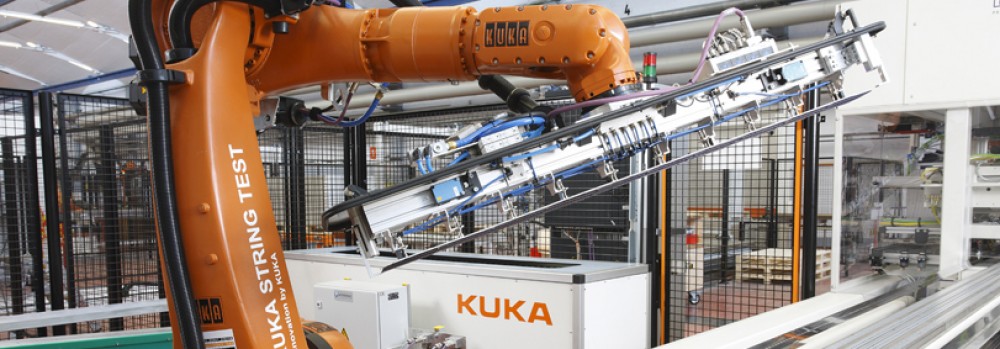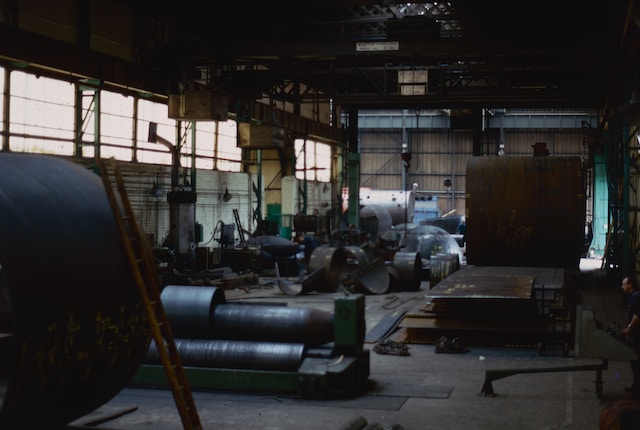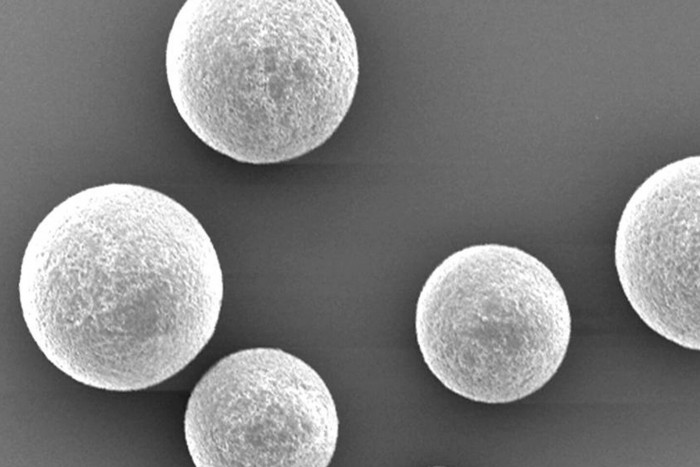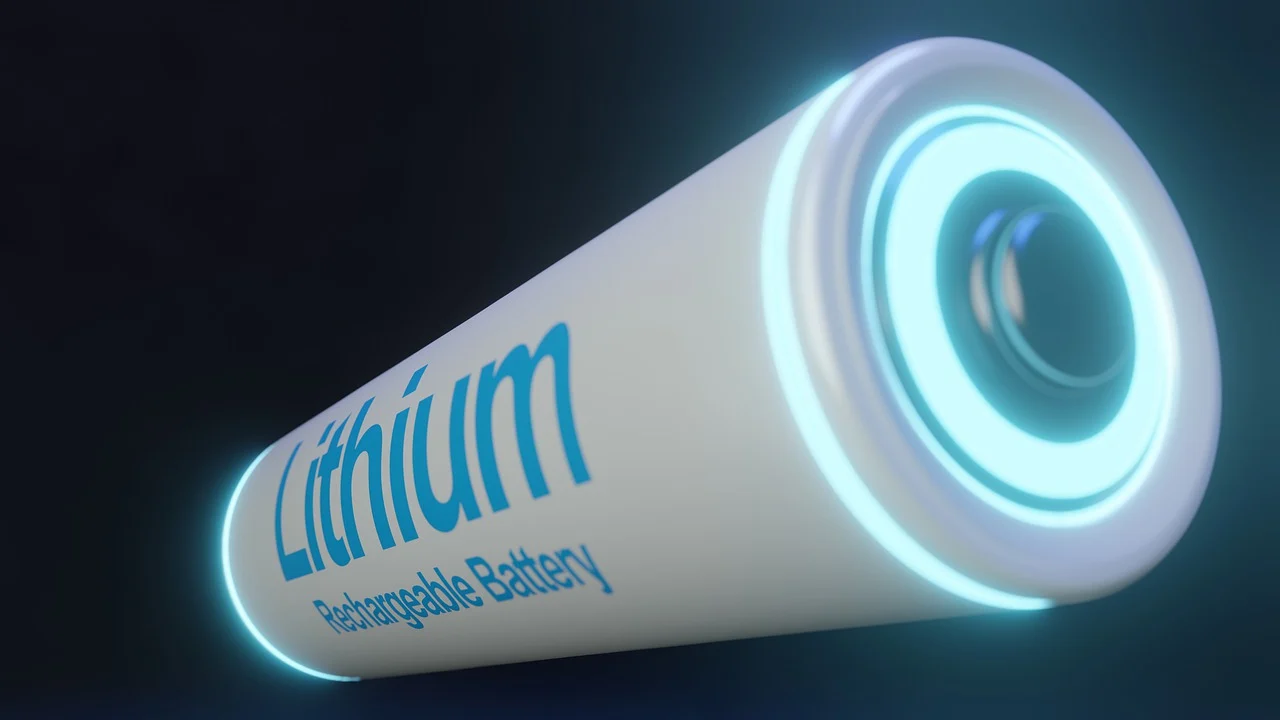According to computational engineering experts, robots will slowly take over many employment options and will push the unemployment rate up to 50% in the next 30 years. This bleak picture was painted by Google’s director of engineering, Ray Kurzweil, who said in a statement, “Our thinking then will be a hybrid of biological and non-biological thinking. In my view, that’s the nature of being human. We transcend our limitations.” His evolutionary thought process to combine our brains with the digital cloud and internet might sound like a dream, but to him, it’s simply progress.
Another researcher who addressed the issue, Professor Moshe Vardi, is a professor of computational engineering at Rice University. He addressed the matter in a speech to the American Association for the Advancement of Science in Washington D.C. and predicted that in the future, humans will be able to laze around, play golf, and eat at their leisure if they can afford it. He questioned the notion that technology always works in favor of humanity. According to him, that might not be the case.
He said in his speech, “A typical answer is that if machines will do all our work, we will be free to pursue leisure activities. I do not find this a promising future, as I do not find the prospect of leisure-only life appealing. I believe that work is essential to human well-being.”
According to Vardi, computers and robots will be able to accomplish any task in the future that only a human can perform now, but with much more accuracy.
Most people will ask what can be done to stop it. Vardi answered that question in his statement: “I do not believe that technology can be stopped. The genie is out of the bottle. What we need to do is to start now thinking very hard and investing in research into how society can cope with the advance of automation. If we wait 25 years, we may find ourselves in a very difficult societal change. The Industrial Revolution brought about the Russian Revolution and the Chinese Revolution, with a human cost of about 100 million lives. I hope we are wiser this time.”
It might seem like Vardi is overreacting a bit on the subject of technology taking over humanity, but he is not the first scientist to voice his concerns over the matter. Stephen Hawking worried that Al would be one of the most destructive things for humanity. Most of the dominant companies, led by great brains, are focused towards bringing forward a machine-operated world. Google, Facebook, and other tech giants are hell-bent on the progression of artificial intelligence, which would have come to realization if not bound by the existing technical possibilities.
Tech companies might believe that they are making the world a better place by dabbling in new ventures and technologies without any thought of consequences, but in truth, they might be using the world and their users like a lab experiment.







